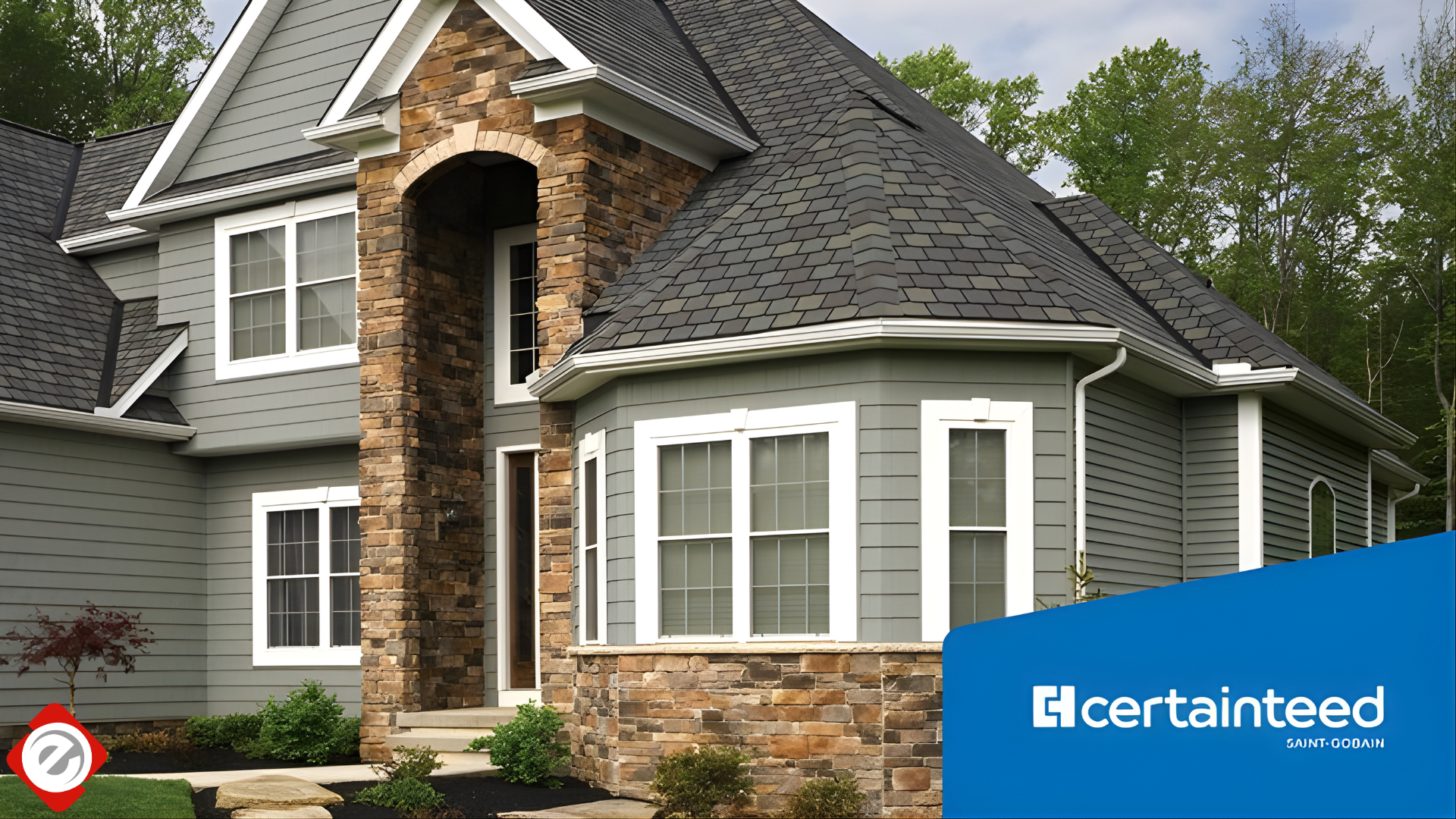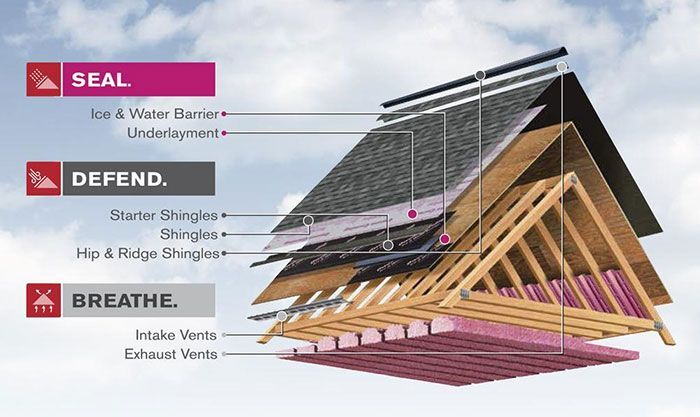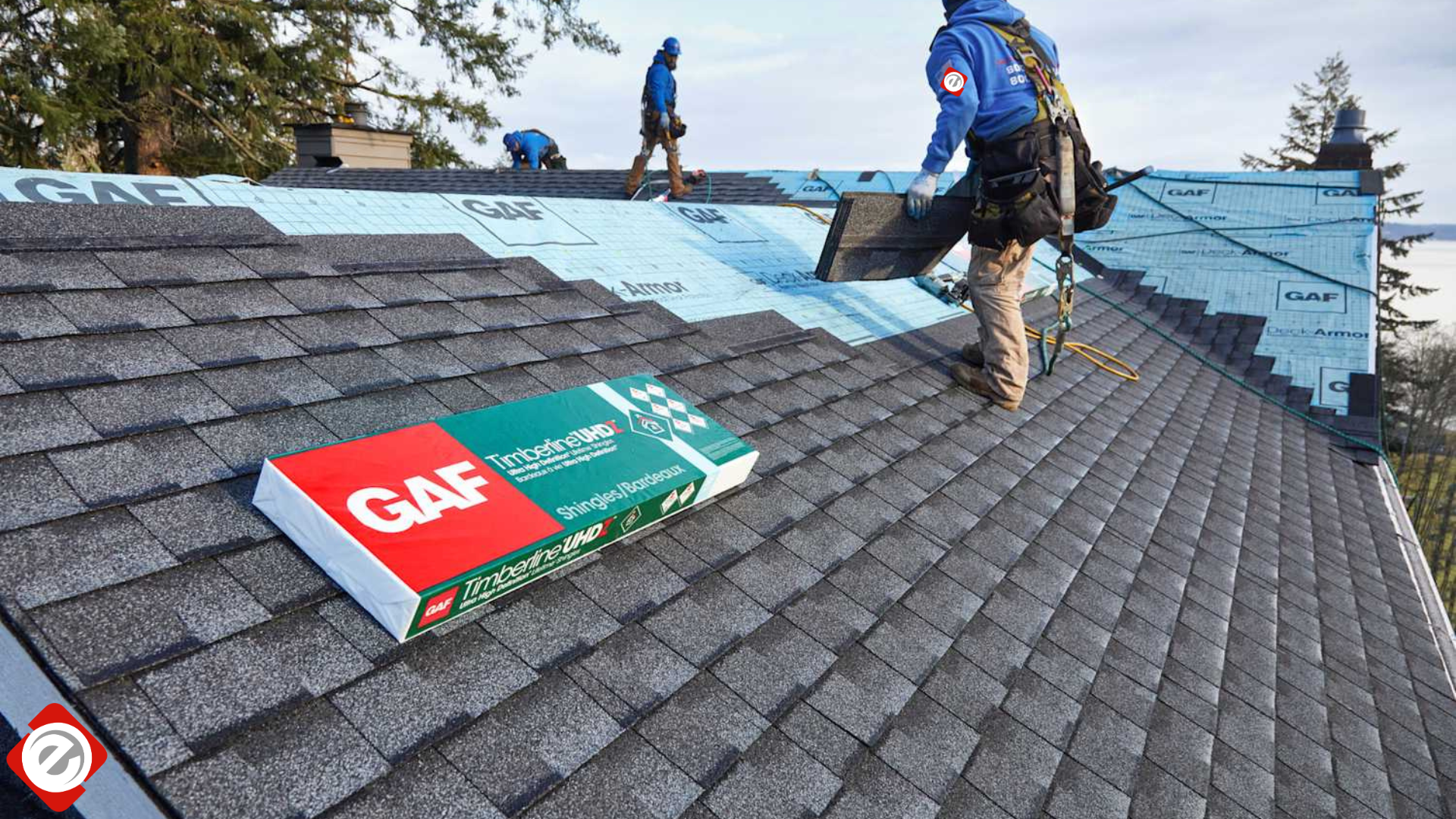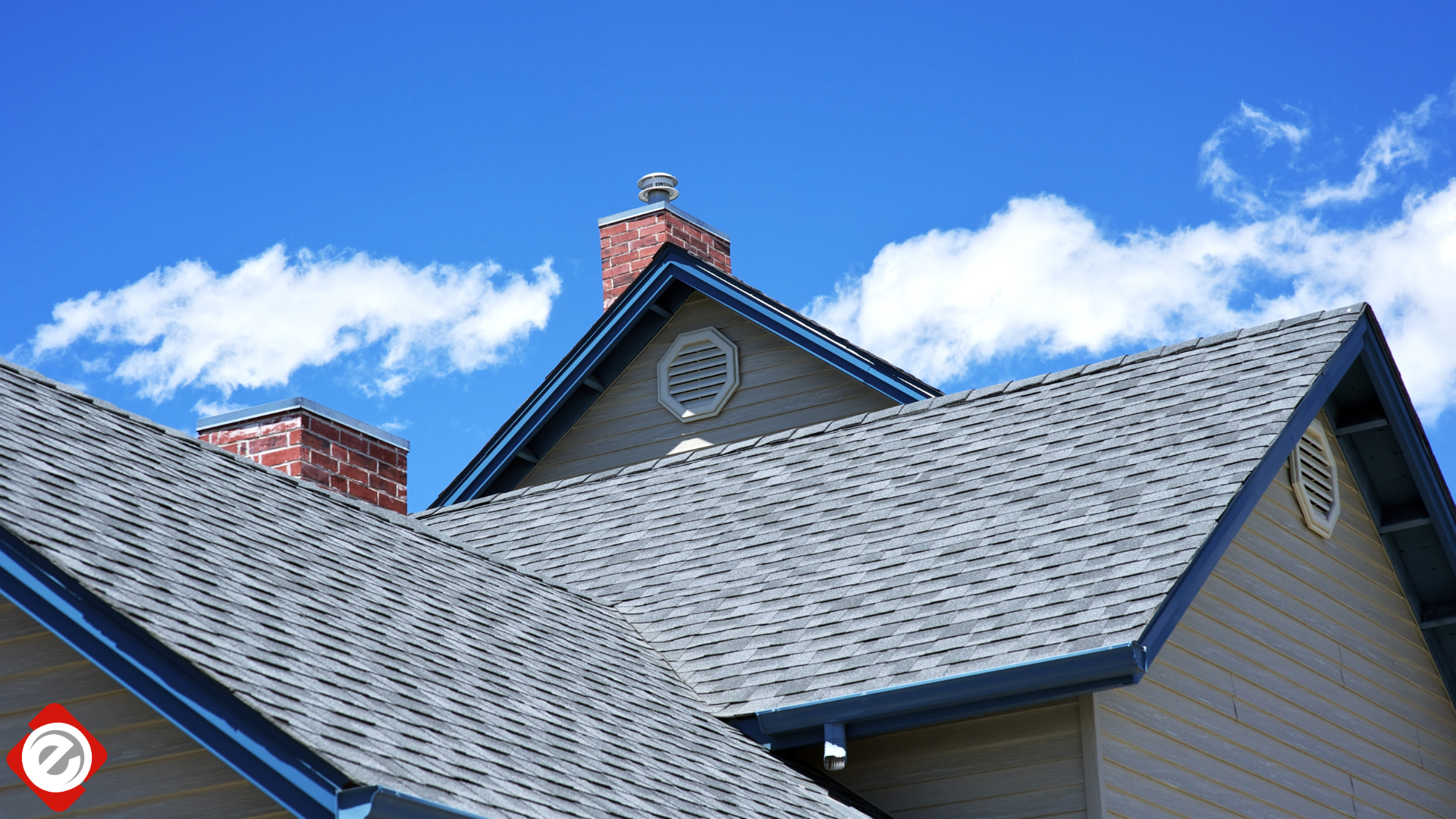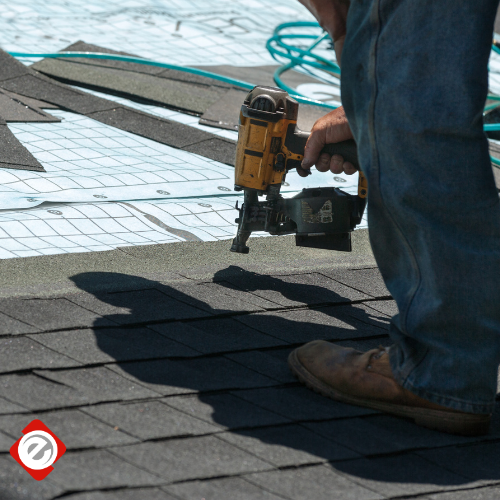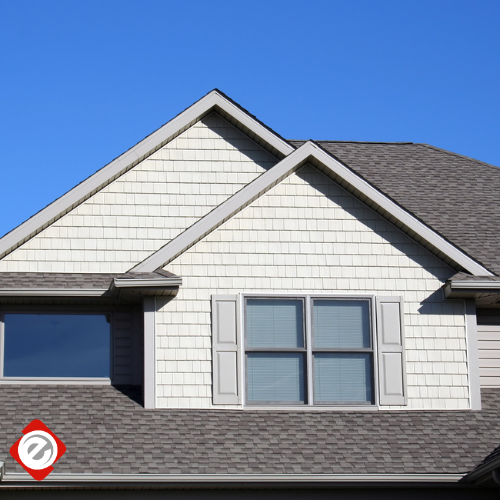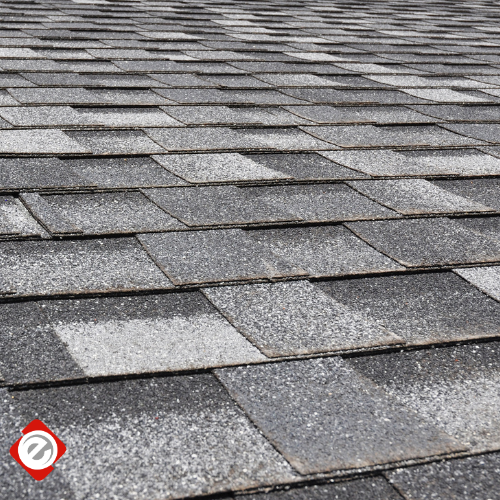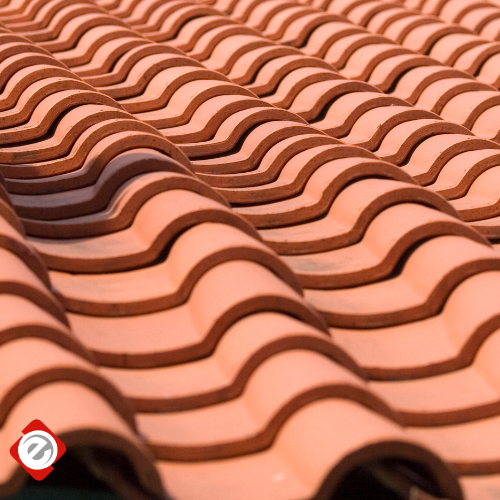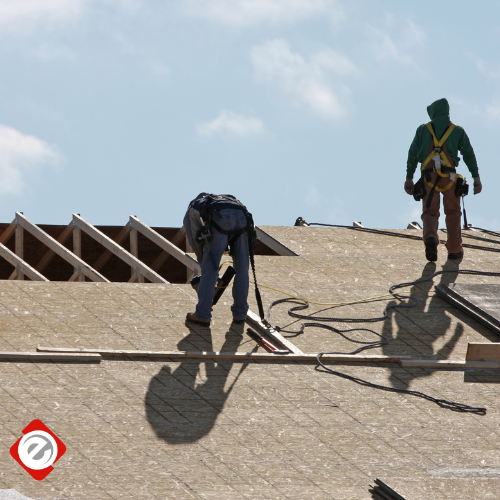econoroofing209@gmail.com
Workmanship vs. Manufacturer: Understanding Your Two Roofing Warranties
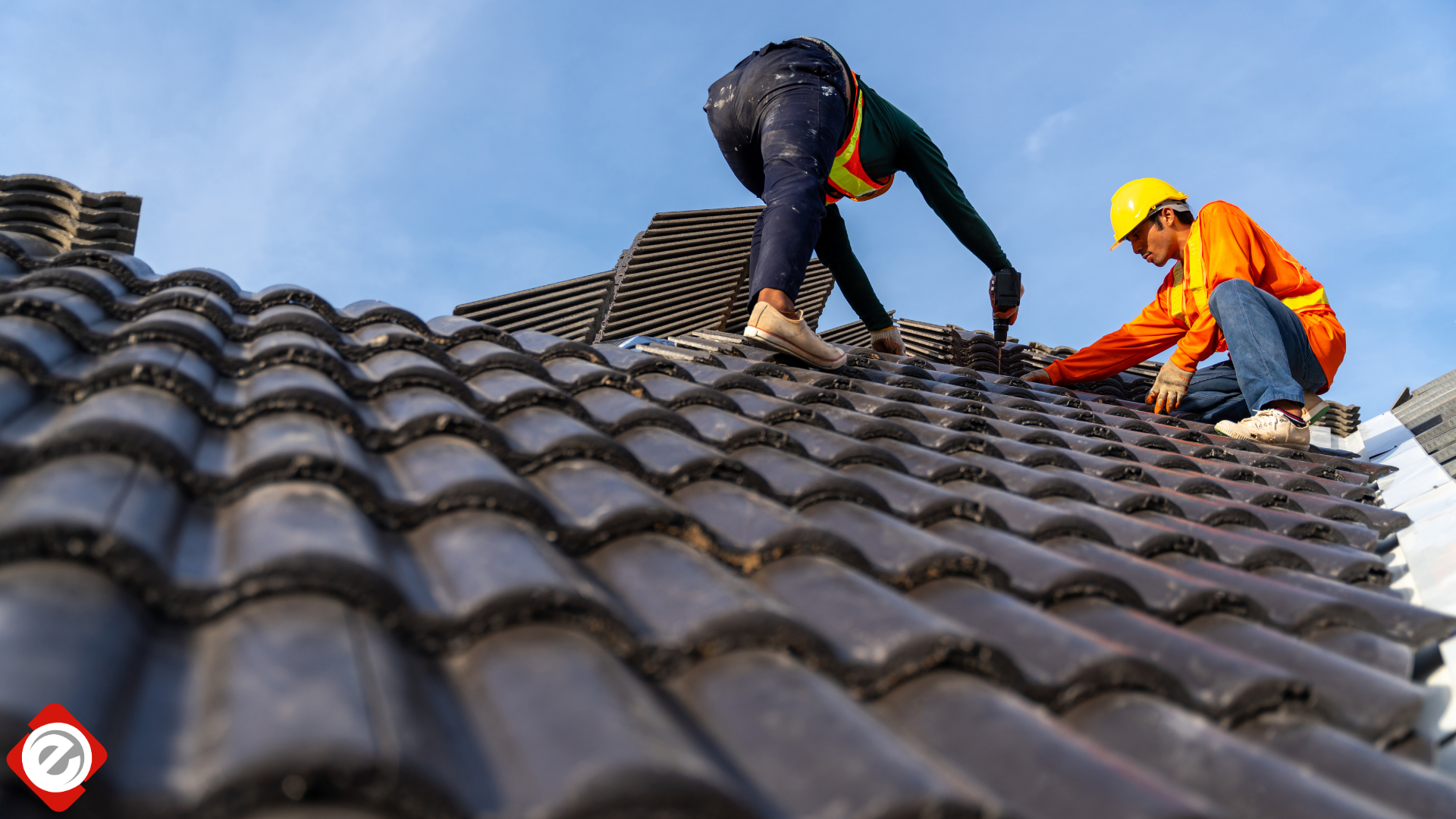
When you invest in a new roof, the warranty provides peace of mind that your home is protected for years to come. But one of the most common and costly misunderstandings for homeowners is assuming their roof is covered by a single, all-encompassing guarantee.
In reality, every new roof is protected by
two separate warranties: one for the materials and another for the installation.
Understanding the difference between them is the single most important step you can take to ensure your investment is truly secure. This guide breaks down what each warranty covers, what it doesn't, and how to avoid the dangerous gap that can leave you financially exposed.
At a Glance: Manufacturer vs. Workmanship Warranty
This simple table highlights the key differences between your two standard roofing warranties.
| Feature | Manufacturer Warranty | Workmanship Warranty |
|---|---|---|
| Who provides it? | Shingle Manufacturer (e.g., GAF) | Your Local Roofing Contractor |
| What’s covered? | Defects in the materials themselves | Errors made during installation |
| Typical length | 10–30 years (often "lifetime") | 1–10 years (often just 1–2) |
| Backed by manufacturer? | Yes | Rarely (only with enhanced warranties) |
| Voided by poor installation? | Yes | N/A |
| Still valid if contractor closes? | Yes | No |
The Manufacturer's Warranty (Product Warranty)
A manufacturer's warranty is provided by the company that produces the roofing materials, such as GAF, Owens Corning, or CertainTeed.
- What It Covers: This warranty protects you against defects in the materials themselves that occurred during the manufacturing process. If your shingles show signs of premature failure like blistering, curling, or excessive granule loss due to a factory flaw, this is the warranty that provides a remedy.
- Typical Length: Standard manufacturer warranties often last for 10 to 30 years, with many brands offering a "lifetime" limited warranty, which typically covers the period you own your home.
- The Critical Limitation: A standard manufacturer's warranty
will not cover material failure caused by improper installation. If an uncertified contractor makes a mistake, it can void the product warranty entirely, leaving you with no coverage for the materials.
The Workmanship Warranty (Installation Warranty)
A workmanship warranty is provided by the local roofing contractor who installs your roof. It is their promise that the job was done correctly.
- What It Covers: This warranty protects you from errors made during the installation process. Since the vast majority of roof leaks and failures are due to installer error, this is your primary protection against common issues like faulty flashing, incorrect shingle alignment, or inadequate ventilation.
- Typical Length: A contractor's workmanship warranty is usually much shorter than a material warranty, often lasting only one to two years. While some reputable roofers may offer five or ten years, this is less common.
- The Critical Limitation: A workmanship warranty is only as good as the company that provides it. If your contractor goes out of business, their warranty becomes worthless, leaving you with no protection against installation errors.
A Real-World Warning
"We had shingles falling off and found out [our roofing company] went out of business or sold. So [our] 30 year warranty was pretty useless."
This real experience from a local homeowner highlights the risk: a contractor's warranty disappears if they do.
The Dangerous Gap: Where Your Coverage Fails
Having two separate warranties creates a significant risk for homeowners. Here’s the scenario:
A leak appears three years after your new roof is installed. You call the shingle manufacturer, but they deny the claim, stating the issue was caused by improper installation. You then try to contact your roofing contractor, only to find their workmanship warranty expired last year—or worse, they've gone out of business.
This is the gap where the two warranties fail to meet, leaving you responsible for paying for expensive repairs out of your own pocket.
The Solution: Enhanced Manufacturer-Backed Warranties
Leading manufacturers have solved this problem by creating
enhanced "system" warranties. These special warranties are the only ones in the industry that combine protection for both material defects and workmanship under a single, comprehensive plan backed directly by the manufacturer.
However, these warranties are not available to just any contractor. They are offered exclusively through a small, elite group of factory-certified installers who have been rigorously vetted for their quality, stability, and professionalism. By hiring a contractor with a top-tier certification, you close the dangerous gap between the two standard warranties and secure true, long-term protection for your investment.
Learn more about specific enhanced warranties like
GAF's Golden vs Silver Pledge, Owens Corning's Platinum vs System Protection, and
Certainteed's SureStart™ PLUS 5-STAR Warranty.
Frequently Asked Questions
Can I have both a manufacturer and a workmanship warranty?
Yes, every new roof should come with both. The manufacturer covers the product, and the contractor covers the installation. The best protection comes from an enhanced warranty where the manufacturer backs both.
What can void my roofing warranties?
The most common reason a manufacturer's warranty is voided is improper installation by an uncertified contractor. Other actions like making unlicensed repairs, pressure washing your shingles, or having inadequate attic ventilation can also nullify your coverage.
How do I know if my contractor's workmanship warranty is valid?
Always get the warranty in writing and confirm the company is still in business and licensed. For manufacturer-backed workmanship warranties, you can verify the contractor's certification directly on the manufacturer's website.
What is the difference between a "lifetime" and a "limited lifetime" warranty?
In the roofing industry, a "lifetime" warranty typically means the warranty is valid for as long as you, the original homeowner, own the property. It does not cover the entire life of the house. The "limited" part refers to specific conditions and exclusions detailed in the warranty document.
Does a warranty cover storm damage?
Generally, no. Manufacturer and workmanship warranties cover defects in the materials and installation errors, respectively. They do not typically cover damage from external events like storms, hail, or fallen trees. This type of damage is usually covered by your homeowner's insurance policy.
How do I make a warranty claim?
For a workmanship warranty issue, you should contact your contractor directly. For a material defect, you would contact the manufacturer, following the process outlined in your warranty documents. If you have an enhanced, manufacturer-backed warranty, your certified contractor can guide you through the streamlined claims process.
Is my warranty transferable if I sell my home?
Most standard contractor workmanship warranties are not transferable. However, many enhanced manufacturer-backed warranties can be transferred one time to a new owner, which can be a significant selling point for your home.
Secure Complete Protection for Your Home
Understanding your warranty coverage is essential to protecting your investment. While a standard material warranty and a contractor's workmanship warranty offer some protection, only an enhanced, manufacturer-backed system warranty provides the seamless, long-term peace of mind every homeowner deserves.
To learn more about the different types of warranties available, see our complete
Homeowner's Guide to Roofing Warranties & Certifications.
Ready to ensure your new roof is fully protected? Schedule a free, no-obligation inspection today, and our certified experts will explain how you can secure the industry's best and most comprehensive warranty coverage.





